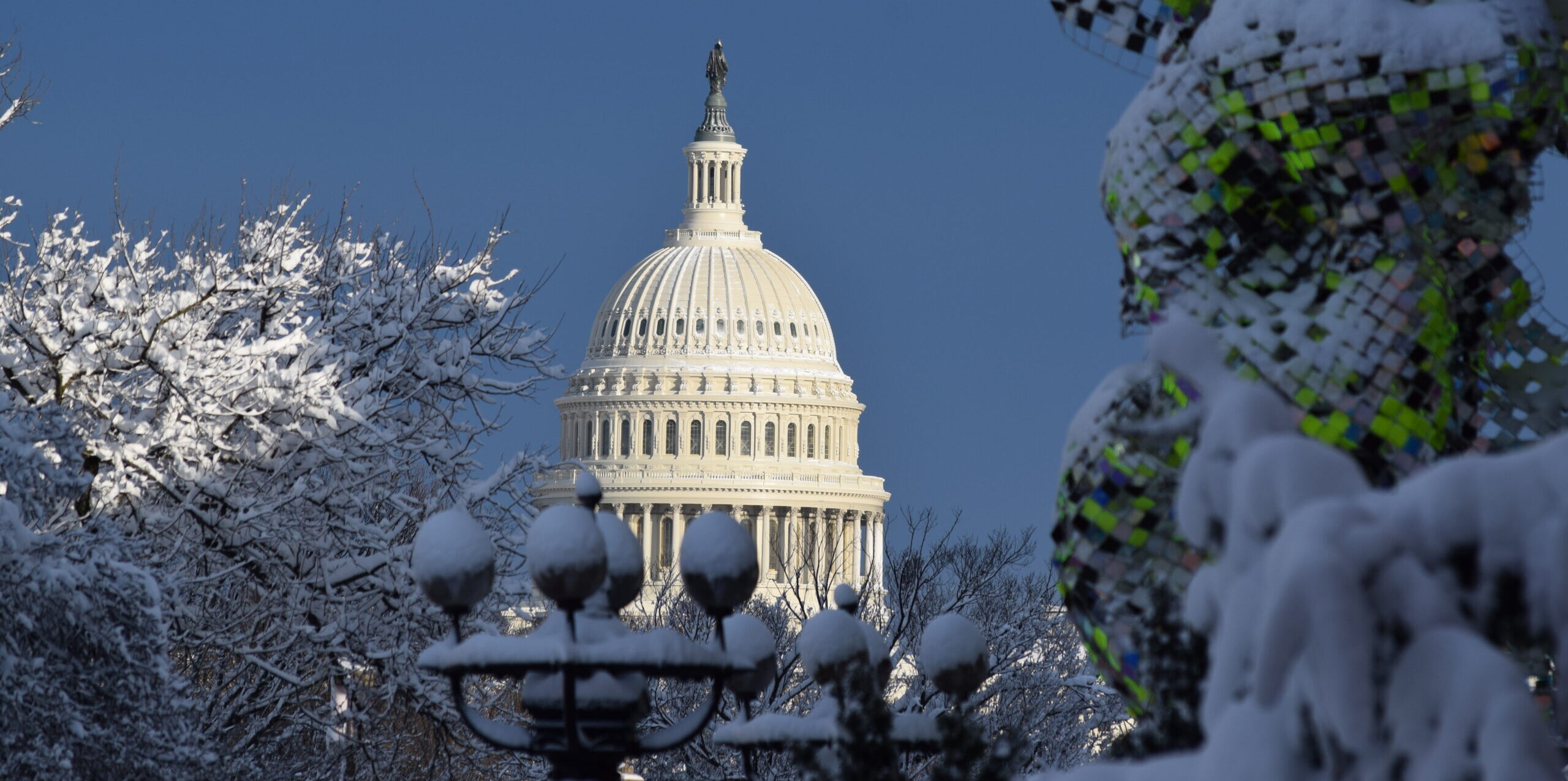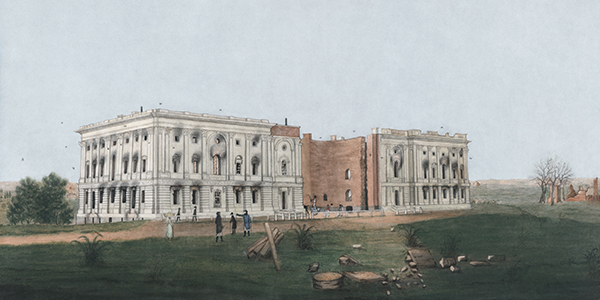
JANUARY 1814
I. President James Madison and Congress Open Peace Negotiations with Great Britain
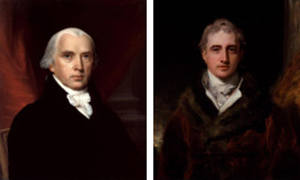
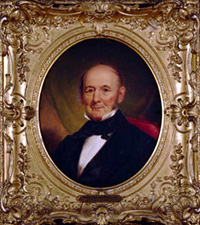
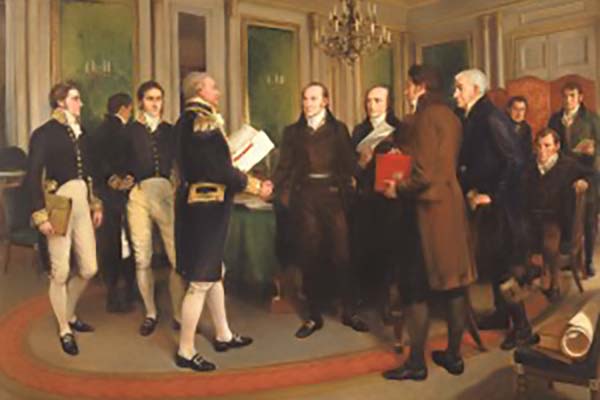
January 18: The Senate confirmed President Madison’s “appointments of John Quincy Adams, James A. Bayard, Henry Clay, and Jonathan Russell, to be jointly and severally Ministers Plenipotentiary and Extraordinary, to negotiate and sign a treaty of peace and a treaty of commerce with Great Britain.” Senate Executive Journal, Jan. 18, 1814
January 19: Henry Clay resigned his position of Speaker of the House to take appointment to peace commission; Langdon Cheves, a Representative from South Carolina, was elected the new Speaker of the House. House Journal, 13th Congress, 2nd session, Jan. 19, 1814
II. Congress Addresses the Problem of Recruiting and Retaining Troops for the Army
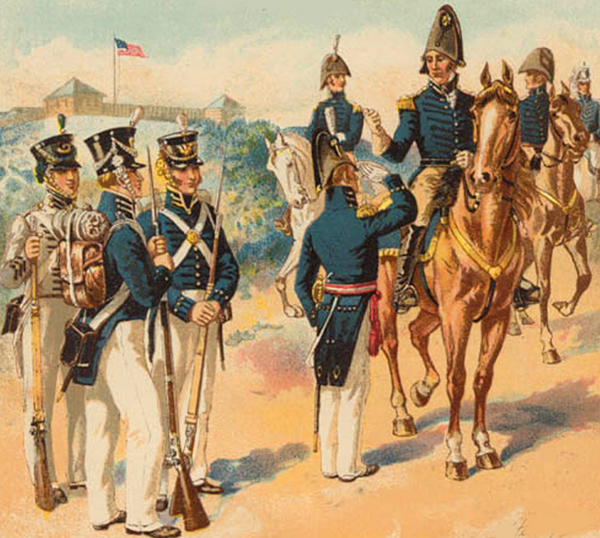
January 6: The House of Representatives resolved that the Governor of Vermont, Martin Chittenden, issued a proclamation on November 10, 1813 enticing soldiers to desert the U.S. military and requested that the President ask the Attorney General to proceed with charges against the governor. House Journal, 13th Congress, 2d Session, Jan. 6, 1814
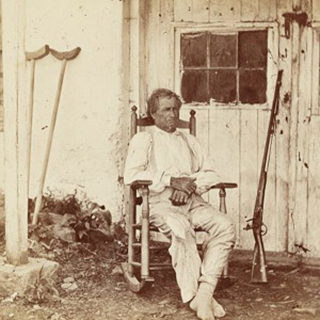
January 27: Act of Congress provided a bounty of $124 to every recruit who agreed to serve five years or until the war’s end, and authorized a bounty of $8 to every soldier or citizen who procured a recruit to enlist for a term of five years. Statutes At Large, 13th Congress, 2nd Session
FEBRUARY 1814
I. Expanding the Peace Commission
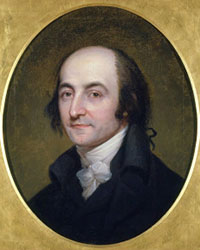
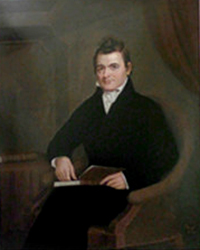
February 15: Congressman Samuel Taggart (F-MA) criticized the appointment of George W. Campbell as Secretary of the Treasury, explaining in a private letter: “You will have heard … of the renomination of Gallatin as fifth commissioner …. As the objection taken to him from his being Secretary of the Treasury was removed by the appointment of a successor, there was little opposition made to the last appointment. His successor [George W. Campbell] is one of the bitterest of the bitter warhawks, and it is I believe the universal opinion among the Federalists, as well as man of the Democrats, that his talents are not equal to the station. The Wags of the city however have found out something very significant and appropriate in his name, George Washington Campbell, G.W.C. Government Wants Cash.”
George H. Haynes, ed., “Letters of Samuel Taggart, Representative in Congress, 1803-1814: Part II, 1808-1814,” American Antiquarian Society 33 (1923), 428.
February 25: After waiting to leave for more than two weeks (since February 10), Senator Henry Clay and Jonathon Russell finally set sail for the peace talks with Great Britain.
II. Continuing to Seek New Troops
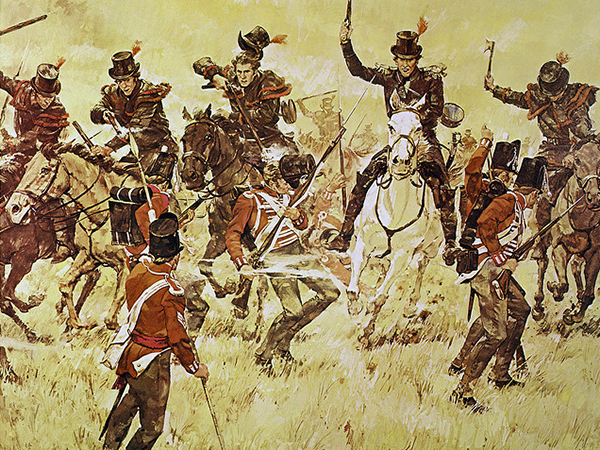 Kentucky Mounted riflemen at the Battle of the Thames, 1813. US Rangers were most likely armed and equipped similar to these volunteer units.
Kentucky Mounted riflemen at the Battle of the Thames, 1813. US Rangers were most likely armed and equipped similar to these volunteer units.
 Kentucky Mounted riflemen at the Battle of the Thames, 1813. US Rangers were most likely armed and equipped similar to these volunteer units.
Kentucky Mounted riflemen at the Battle of the Thames, 1813. US Rangers were most likely armed and equipped similar to these volunteer units.
February 24: Congress enacted two measures in an effort to continue to raise troops. The first continued in force for an additional year an act of Feb. 25, 1813 to raise ten additional companies of rangers. The second authorized the President to accept volunteers into service for five years or the duration of the war.Statutes At Large, 13th Congress, 2nd Session







